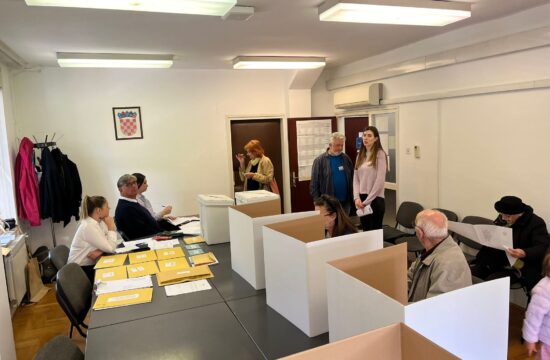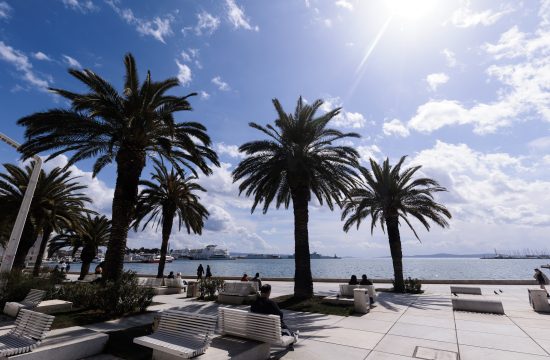EU membership is the Serbian government's strategic commitment, Serbian Foreign Minister Ivica Dacic said on Wednesday evening, adding that the Thessaloniki summit in February would be an opportunity for a constructive discussion on the prospects of integration of the Western Balkan countries into the EU, and that the Zagreb summit in May would be a chance to make this agenda even more specific.
Dacic expressed hope that the Croatian presidency of the Council of the European Union would be successful in every respect and that Serbia would continue to progress in the EU accession process.
He was speaking at a reception organised by the Greek Embassy in Belgrade ahead of the ministerial conference “From Thessaloniki to Zagreb”, set for February 24 in Greece’s second largest city.
“Zagreb hosted an EU-Western Balkans conference back in 2000 and we believe that the EU-Western Balkans summit scheduled for May will provide an additional impulse to enlargement policy,” Dacic said according to a Foreign Ministry press release.
He said he expected “strong support” from all EU member states, taking into account the commitments from the 2003 Thessaloniki agenda. “I believe the Zagreb summit in May will be an excellent opportunity to give that agenda concrete expression,” he added.
Speaking of the 2003 summit, Dacic said that of all countries of the former Yugoslavia only Croatia had joined the EU since then.
Despite the fact that Serbia has undertaken radical social and government reforms to adapt to the values, principles and rules of the EU, Belgrade has opened only half of the negotiating chapters, including only two in 2019.
This leads to the conclusion that progress in the European integration process is not proportionate to the results of the reform process, which is why the pace of opening chapters should be improved and adapted to the pace of reform, Dacic said.
He said that in the context of work on changing the methodology of the accession process, Belgrade expected the new methodology to be transparent and based on clear principles and rules and objective benchmarks, taking into account the results of countries that are well advanced in the accession process, such as Serbia.



